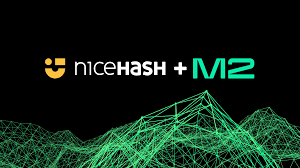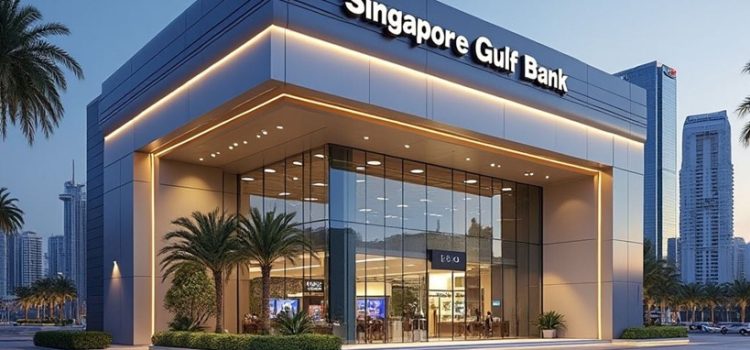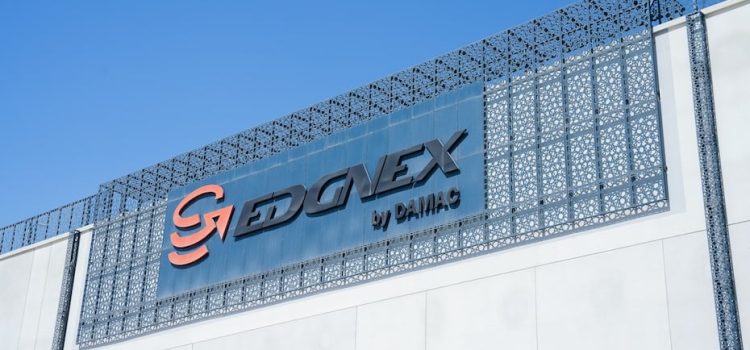
UAE M2, crypto exchange has appointed James Greenwood as Chief Executive Officer, Bill Qian as Managing Director, while Bijan Alizadeh remains as Board Member and Shareholder Representative all committed to expanding their global userbase.
M2 is refocusing their strategy with consolidation driven by their earn product and the increasing demand for yield-oriented and financing solutions. As per the press release the company is doubling down on regulated financial services.
The crypto exchange has ambitions of building a one-stop digital asset financial service platform, serving global users from the Middle East. M2 has transformed its treasury division to cater to ultra-high-net-worth individuals (UHNWIs), family offices, and institutional clients, offering bespoke digital assets solutions tailored to their needs. The M2 team has also been bolstered with specialized expertise, further enhancing M2’s ability to deliver innovative investment options.
James Greenwood is an award-winning leader, with a proven track record in digital technology and financial services. He joins M2 from Bitstamp, the world’s longest-running cryptocurrency exchange, where he served as Chief Technology and Operations Officer. With an impressive career spanning Europe and the Middle East.
James has held several C-suite roles of pivotal importance, such as Co-Founder and Chief Technology Officer at Tandem Bank. Previously, he spearheaded digital transformation initiatives at organizations including Commercial Bank International and Zand Bank, bringing a deep understanding of fintech innovation to his leadership. In addition to his accomplishments in finance, James is a published author, the founder of an award-winning mobile games studio, and a sought-after speaker on digital disruption and innovation.
Bill Qian: Managing Director, M2, a seasoned investor and strategic leader in digital assets, AI, and financial technology, having overseen more than $30 billion in investments across the sector, previously served as Global Head of M&A and Binance Labs at Binance. Now, as Managing Director at M2, he is focused on enhancing the platform’s institutional offering, shaping bespoke investment products, structured yield opportunities, and advanced risk management solutions to serve the evolving needs of family offices, UHNWIs, and enterprises.
“This is a transformative time for M2, and we cannot wait to take on the opportunity,” said Bijan Alizadeh, Board member and Shareholder Representative. “Together with James and Bill, I look forward to re-energizing M2’s mission, while equipping the business with the tools and structures needed to drive innovation and deliver unmatched value to our customers. With a clear vision for sustainable growth and a strong foundation, M2 is poised to lead the next wave of digital asset transformation.”

















